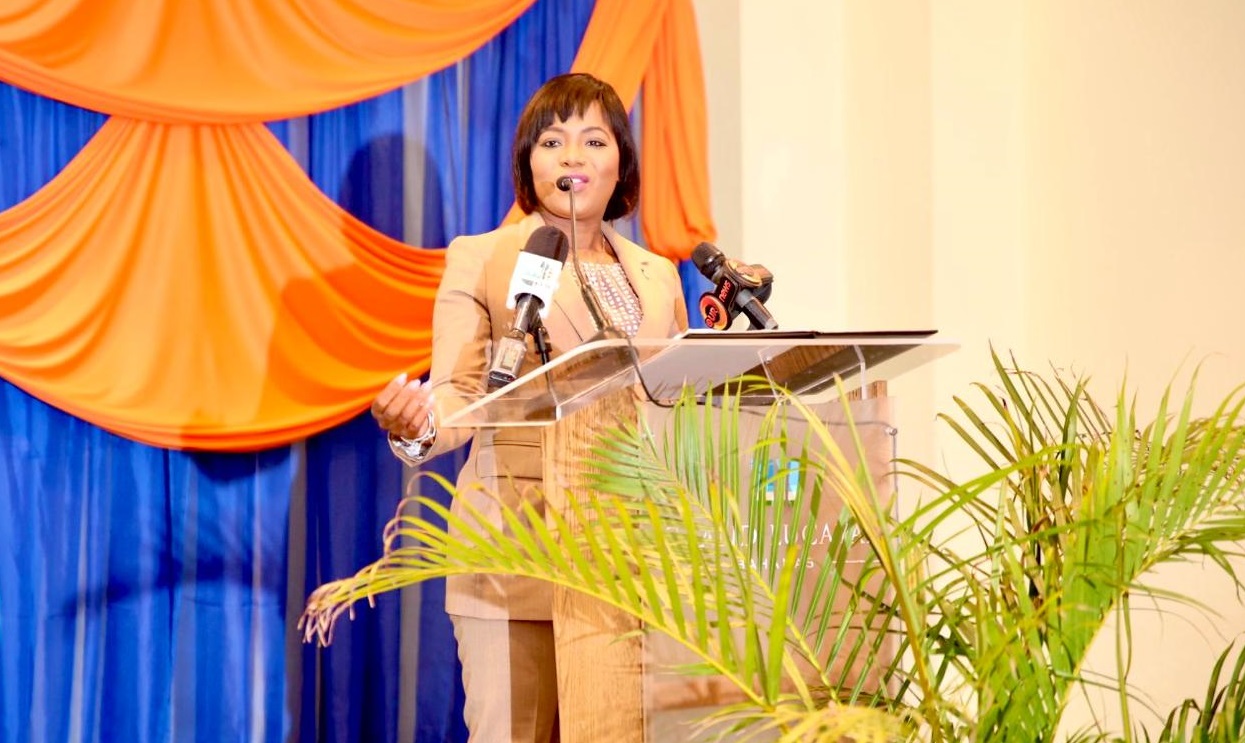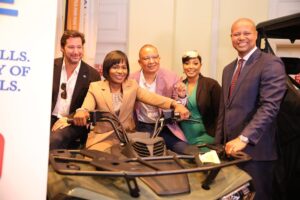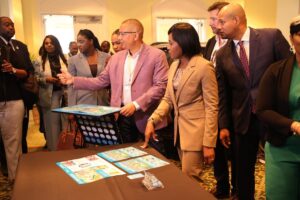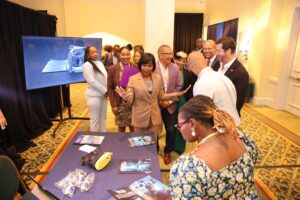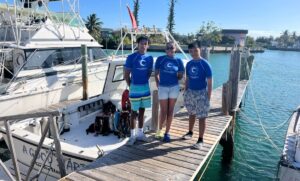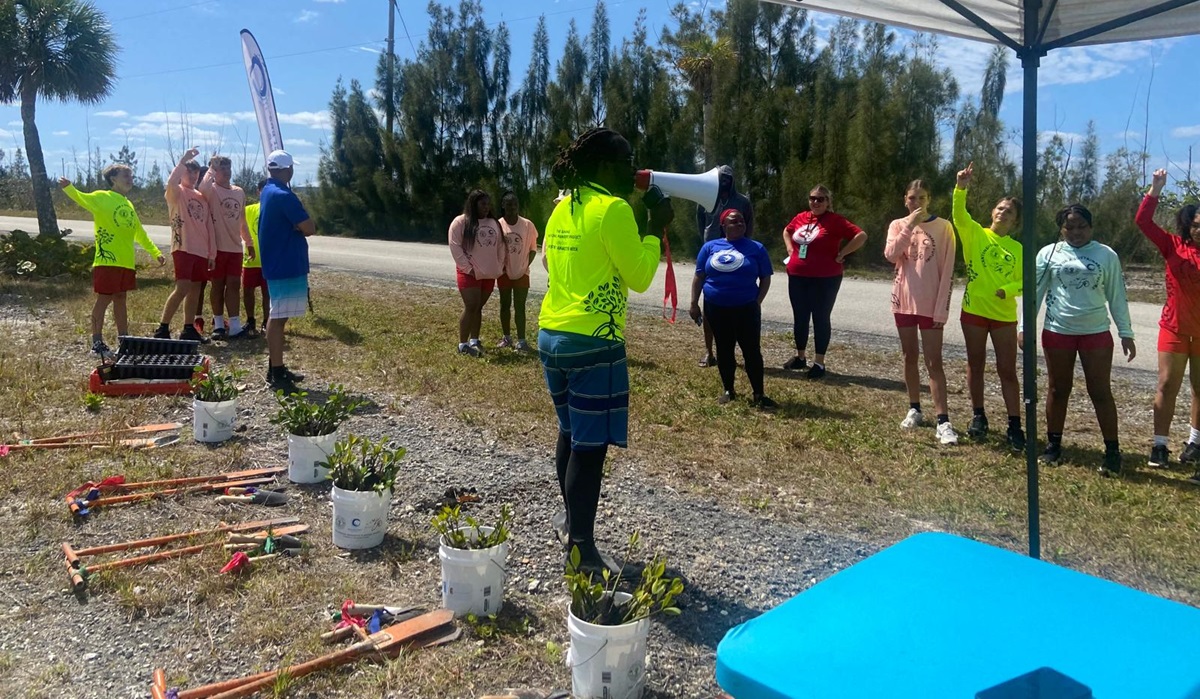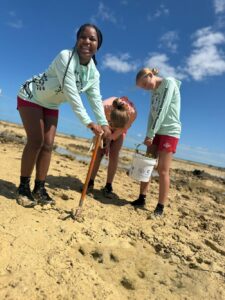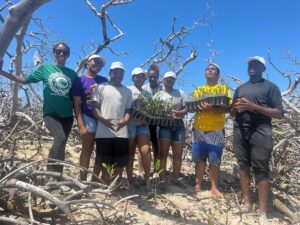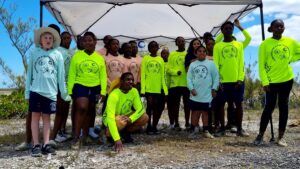ADO, Church Commercial Farming Group distribute dozens of backyard farming kits, many to those trying to start over after Dorian
By Diane Phillips
#TheBahamas, December 14, 2022 – For Kathryn Cartwright, it was a very long journey to a church not far from the one-bedroom apartment she is renting in Marsh Harbour. It began decades earlier. Cartwright’s family had farmed as long as she could remember. In 1999, Hurricane Floyd took their well-known agricultural landmark, Carrollville, in Treasure Cay. She moved to Leisure Lee, and there, two decades later, Dorian swept away her home,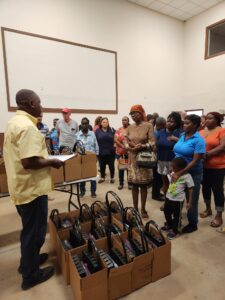 her smaller farm and everything she had.
her smaller farm and everything she had.
On December 8, she showed up at the Friendship Tabernacle Church to collect a small starter kit in a carton, one of nearly a hundred who registered ahead. For Cartwright, the emotion of getting her hands back in the soil was even stronger than it was for most, though she was not deterred by the fact that she had to borrow a little plot of land to plant the seeds she was taking home because there is no yard where she is renting.
Many who filled the hall at the church where Abaco pillar Pastor Silbert Mills presides saw the farming kits as another step in the journey back to life after Dorian. There were those, too, like Etheridge Tinker who remembered when Abaconians were farmers and fishermen at heart. Tinker’s family grew crops where the only thing coming out of the ground now in Baker’s Bay is multimillion-dollar residences owned by celebrities, superstars and athletes like Tom Brady.
“Baker’s Bay was my playground,” he said. “I remember my family, we were growing potatoes, cassavas, peas, onion, mango. My grandfather was a fisherman and we gave food to our neighbours and they gave us food in return. I tell my children we went to the well pump for water and they wanna know what the pump is. If you can’t feed yourself, you in plenty trouble. Every seed I get, I plant.”
The distribution in Abaco was the first in a series of Family Island roll-outs of the initiative that got off the ground in a serious way less than six months ago, a program known as the Church Commercial Farming Group. Its formation incidentally coincided with the timing of the hurricane that devasted Grand Bahama and Abaco in 2019. It was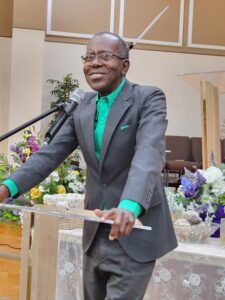 spearheaded by Assemblies of God of Prophecy Superintendent for The Bahamas and Turks and Caicos Rev. Pat Paul, a man who believes physical and spiritual health go hand-in-hand, on the pulpit and off, worrying about the rates of diabetes and heart disease in The Bahamas while personally living the example of healthy living.
spearheaded by Assemblies of God of Prophecy Superintendent for The Bahamas and Turks and Caicos Rev. Pat Paul, a man who believes physical and spiritual health go hand-in-hand, on the pulpit and off, worrying about the rates of diabetes and heart disease in The Bahamas while personally living the example of healthy living.
In the beginning, he said, the farming program was running at “maybe 7.5 miles an hour.” Then in early 2021, along came Philip Smith and the Agricultural Development Organization. Two weeks later, Smith agreed to join forces and not long after, presented a whopping $200,000 donation that came with ambitious goals — we’ll fund you and together we will make farming the hottest new commodity in The Bahamas.”
“Ever since that moment,” said Rev. Paul, “we’ve been flying.”
Requests for kits have been pouring in non-stop – hundreds from Abaco and Grand Bahama, thousands in New Providence. Distribution is measured carefully to allow for each recipient of a kit to be paired with one of a number of field officers who assist, visit on a regular basis, create and document progress and problems, and help find solutions.
The hand-holding, says Abaco Neem farmer Daphne DeGregory, is essential. “It’s all about stickability. You have to be patient. But as a Bahamian farmer, you have a great advantage. You can control what you grow and you have access to some of the best water anywhere.”
There are some things you cannot control, she said, like a wild boar that destroyed a banana patch two nights earlier at the Abaco Neem farm, or the damage wreaked by feral cats and raccoons, but with the weather, you can build rock farms or do container farming with year-round easy access.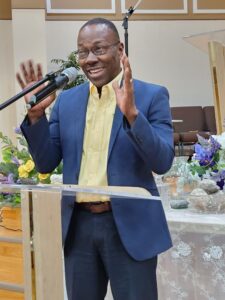
“We CAN feed ourselves in this country,” said the woman who, like Kathryn Cartwright, lost so much, including the retail shop and the home above it she and her husband occupied before Dorian, before they moved to the farm. But she also gained an even greater appreciation for all that nature provides and now living totally off the grid, and serving as president of the Abaco Chamber of Commerce, DeGregory applauds the initiative and believes whether you do a little or a lot there is no richer life than farming, no fresher taste than the berries you pick off the tree in the morning for breakfast or the coconut water you drink through a reusable straw seconds after it is pulled from the tree. “Farming is the root of self-sustainability.
“My husband gave up a very lucrative business to farm because he followed his soul. Farming,” she said, “is a prestigious profession.”
Release: ADO Bahamas
Photo Captions:
Header: Farmer and Abaco Chamber of Commerce President Daphne DeGregory, left, gives a backyard farming kit to a recipient in Abaco during the launch of the Agricultural Development Organization and Church Commercial Farming Group initiative in Marsh Harbour December 8.
1st insert: Reverend Clyde Bain, Church Commercial Farming Group administrator, helps to distribute dozens of backyard farming kits to residents of Abaco who registered online for the program operated in conjunction with the Agricultural Development Organization. ADO is headed by Philip Smith (below), who spent 17 years feeding the hungry before turning to a way to end hunger and live healthier through growing what you eat and eating what you grow.
2nd insert: Philip Smith founded Agricultural Development Organization to help end hunger by growing what you eat and eating what you grow. He was driven to find a better way to fight hunger after spending 17 years feeding the hungry, the last nine as head of Bahamas Feeding Network where he continues to serve on the board.
3rd insert: Reason to smile – Reverend Pat Paul, General Superintendent Assemblies of God Church in The Bahamas including Turks and Caicos, tells the crowd gathered at the church in Marsh Harbour, Abaco, for a backyard farming kit distribution that if we grew only 25% of our nutritional needs, we would save more than $250 million a year in food import costs.
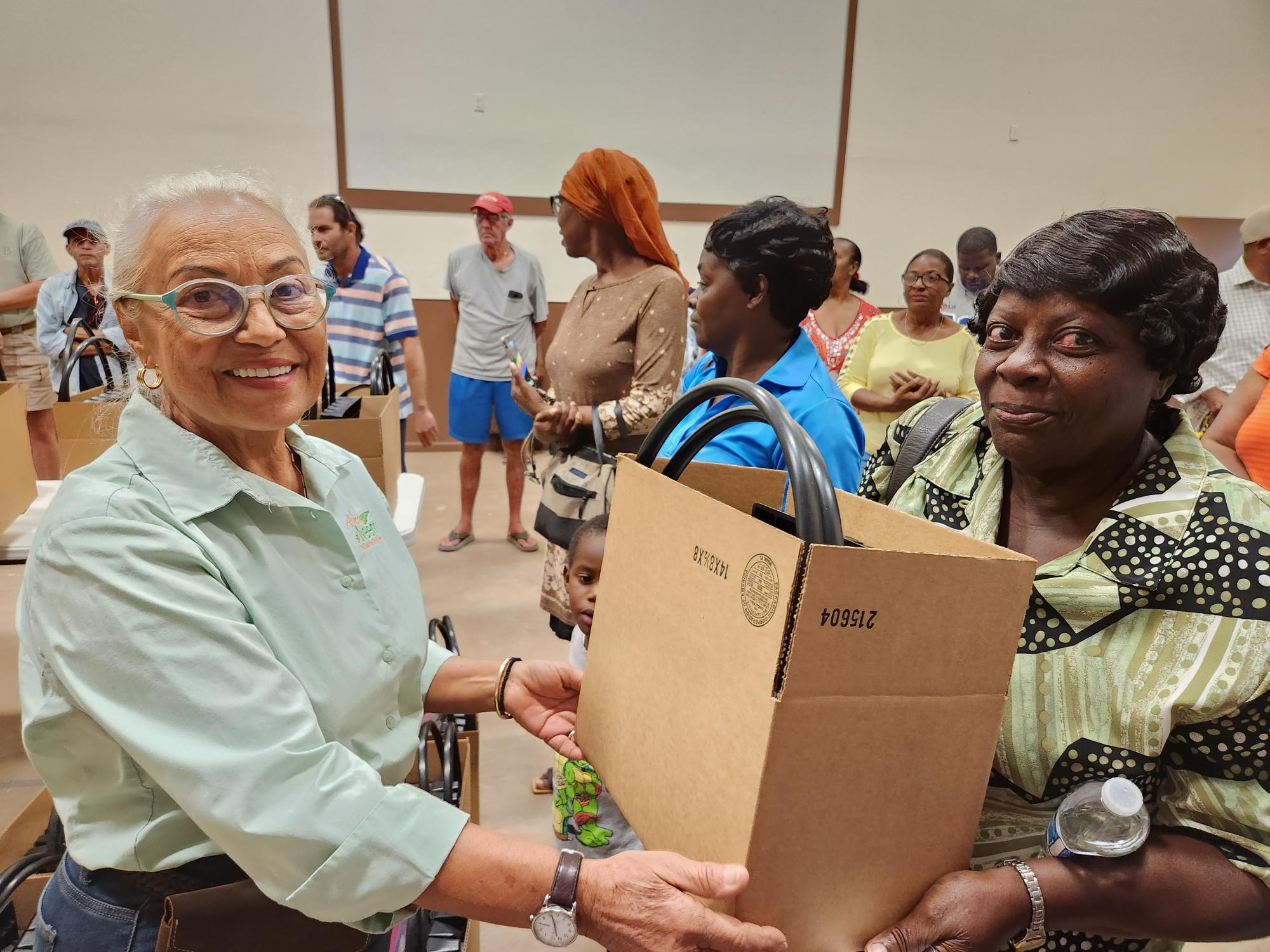
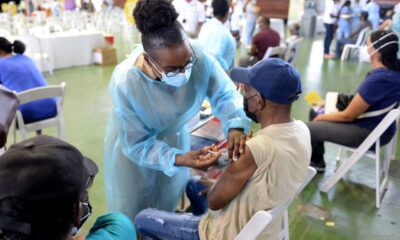
 Health2 days ago
Health2 days ago
 TCI News4 days ago
TCI News4 days ago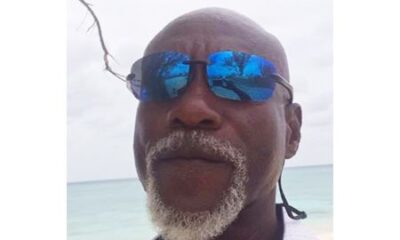
 Crime1 week ago
Crime1 week ago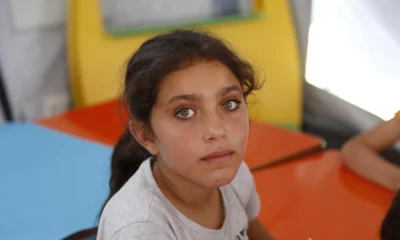
 TCI News1 week ago
TCI News1 week ago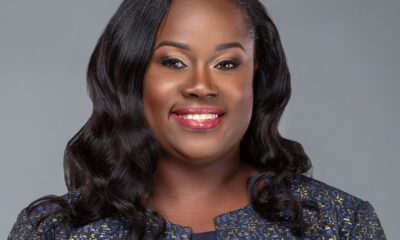
 Bahamas News7 days ago
Bahamas News7 days ago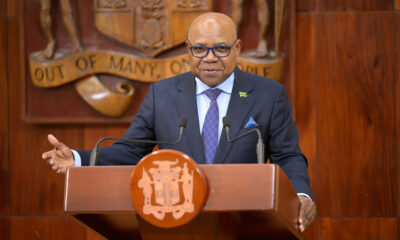
 Caribbean News7 days ago
Caribbean News7 days ago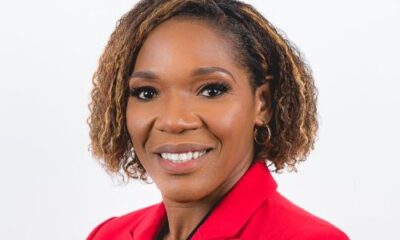
 Bahamas News1 week ago
Bahamas News1 week ago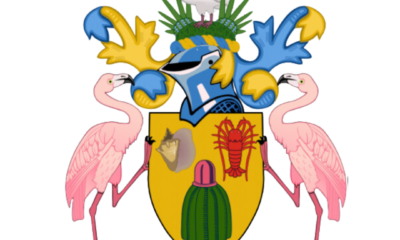
 Bahamas News6 days ago
Bahamas News6 days ago



